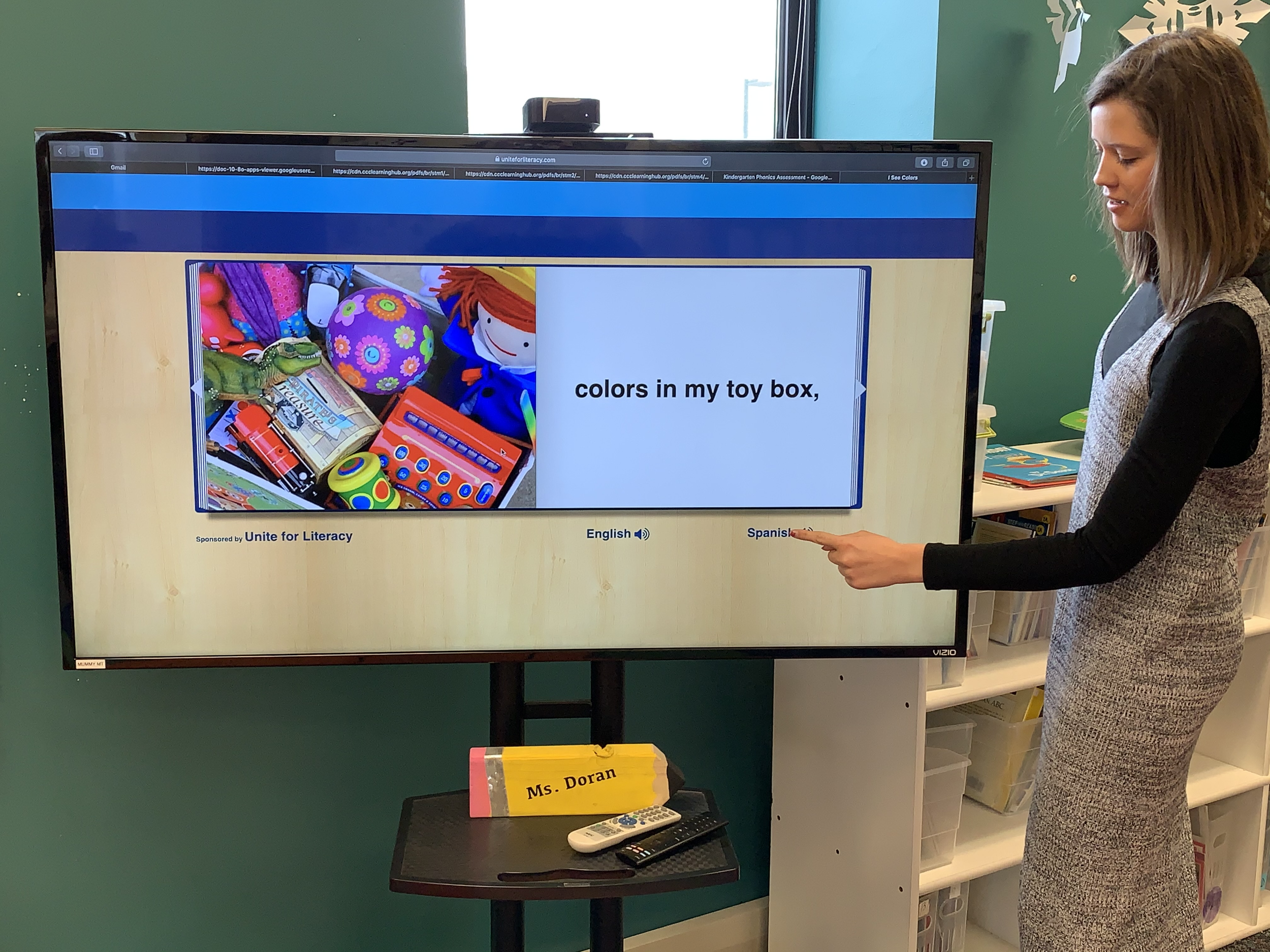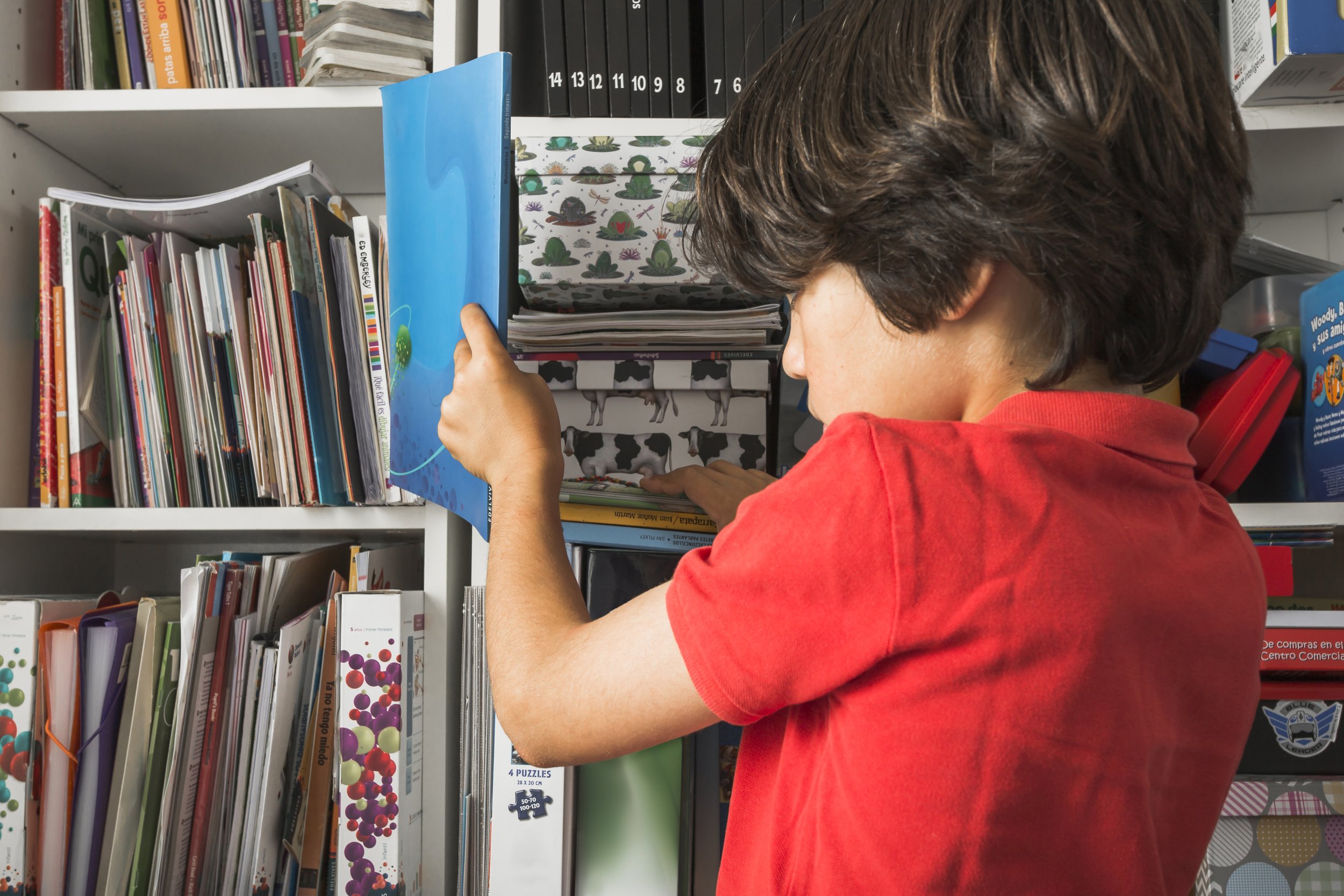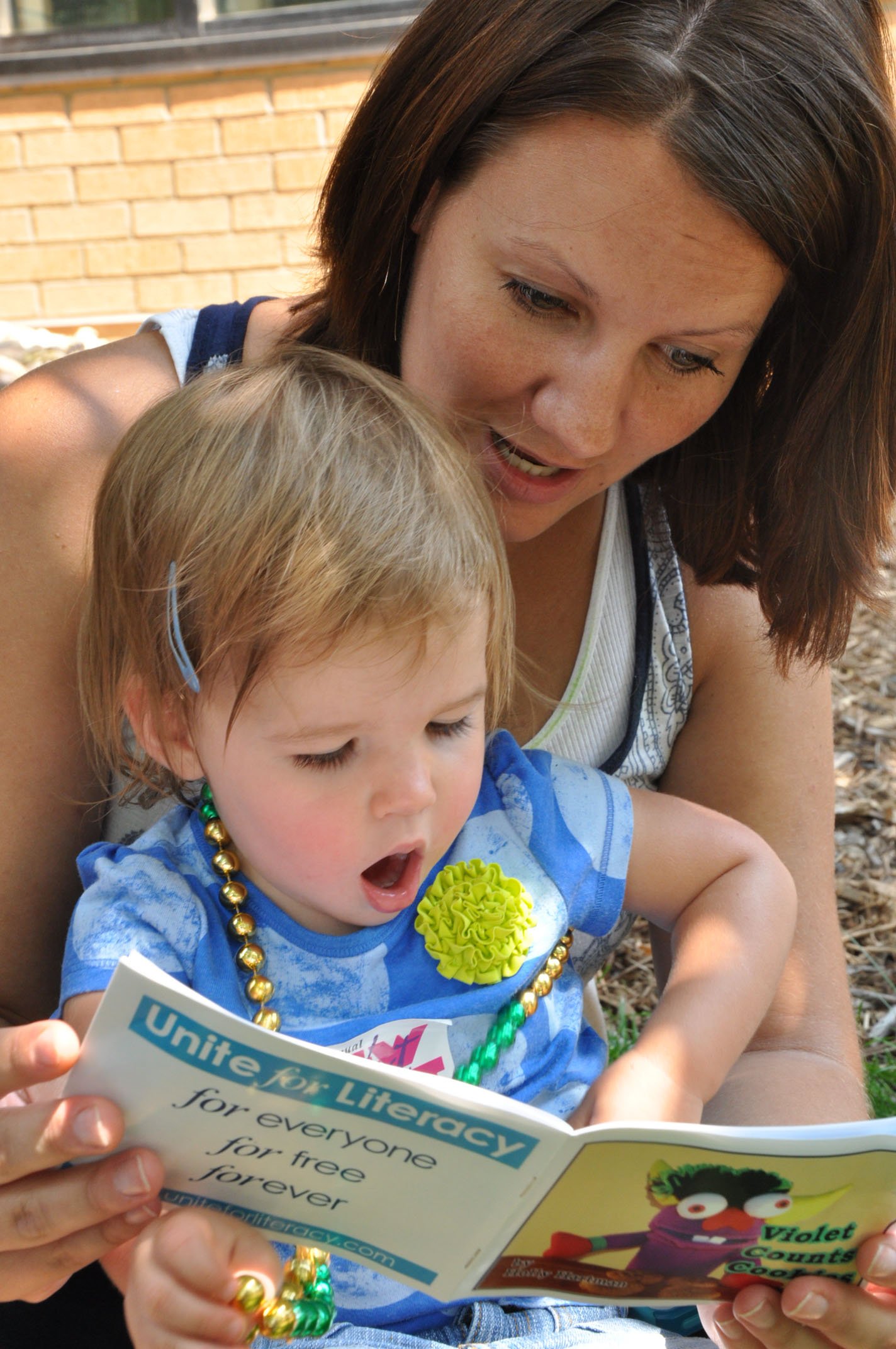
Sound the Alarm...Joyfully!
If we each get involved with developing readers in ways that we and they can feel good about, it could make a significant difference in the gentle development of non-readers becoming eager new readers.

How Kids Become Lifelong Shoppers for and Readers of Books
By reading to and with them, adults show children reading is a fun, shared activity. Once kids understand that, they want to “fill and push the cart.”

Practice Makes Perfect?
Despite the old saying that “practice makes perfect,” it’s undeniably true that enjoyable practice always leads to improvement, so we need to help kids enjoy practicing reading.

Got Reading Comprehension? Pass It On.
The ability to understand book characters’ points of view is fundamental to higher-level reading comprehension. So, how might we teach that to new readers?

Grinding Through Reading Grit
With each reading event, the grit that is such an important contributor to a child’s tenacity in problem solving and their endurance in getting what they came for can be augmented for even our youngest and least experienced readers.

Listening to Littles Helps Them Know Their Voice Matters
Given the primacy of language in children’s development, one of the historically common ideas that we should all immediately scrub from our thoughts is that children should be seen, but not heard.

How Are They Going to Get Good at Reading?
Why don’t we see discussions of avid reading in news coverage alongside discussions of reading test scores? And how might one measure a child’s excitement about reading?

It’s Never Too Late to Learn to Read
Supporting a new reader is one of life’s greatest opportunities for personal or professional success. Before you know it, new readers will be finding their own books and joyfully reading them.

What to Do With Kids Who Can Read, But Don’t
Getting children who can read, but don’t, to become children who can read and do is challenging, but not impossible.

Help New Readers Enjoy Good Books
The key to growing avid readers is to provide new readers with ready access to abundant, relevant, potentially enjoyable books, and then offering encouragement, conversation about the book, and guidance about next steps.

Self-Selected Reading is Its Own Reward
Literacy instruction changes have been cued by National Assessment for Educational Progress test results, however, that doesn’t seem to have improved subsequent test scores or enhanced children's engagements with books. Perhaps we can apply what we know about the habits of avid and capable readers to grow avid readers.

Not Just Letters
Teaching children to read and write with purposeful connection requires that they come to appreciate the fundamental concept of communication: that reading and writing are all about making and sharing meanings.

Children Are Tough Customers
Young children like what they like and while being curious about new things, unless they sense some immediate value, they will pretty much ignore our suggestions with hardly a casual wave of the hand. They have no qualms about sharing their disapproval with us. Tough sale!

Are You a Wild Reader?
Wild Readers always have a book going—or maybe several. “Wildies” will read anything when a chance is presented. Our education system should encourage every child to be a wild reader by allowing them to choose reading material that interests them.

Over and Over and OVER Again
Abundant research studies exist about the fabulous benefits of repeatedly and expressively reading any well-chosen book to children.

Kids Can’t Fly with Training Wheels
Phonetically regular books with titles like “Nat the Fat Cat” and “Al and Sally are Pals” are the equivalent of training wheels for reading. And literacy training wheels, like bicycle training wheels, are a hindrance, not a help, when kids are learning to read or ride.

Can Struggling Readers Be Avid Readers?
If we—teachers and parents—ease off on our eagerness to have children keep up with their peers on the road to reading and allow them to progress at their own speeds, they will be well on their way to becoming avid, lifelong readers.

Stop Worrying About Grade-Level Reading Growth
The concerns about making sure that all children progress at the same pace in their reading test score growth have always been misplaced, misguided, and deeply rooted in U.S. schooling practices. We must join hands to eliminate standard book assignment practices and help kids find books they want to read and enjoy.

The Birth and Life of an Avid Reader
Avid readers have adopted a delightful path forward in their lives that leads to lifelong growth in their understanding about and the love of books.

Add More Lap Time to Your Days
Literacy starts with little ones sitting in the laps of trusted loved ones, reading and discussing books that children love.
